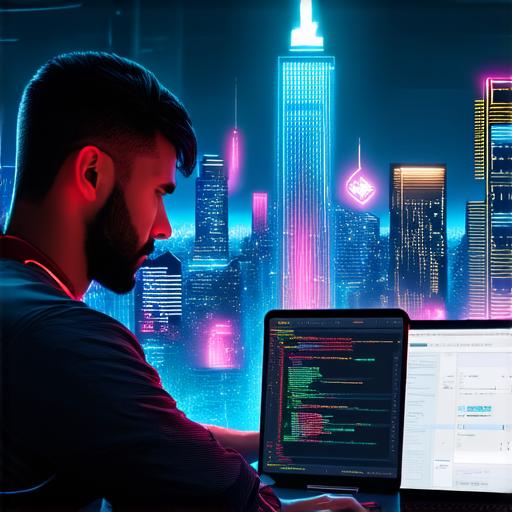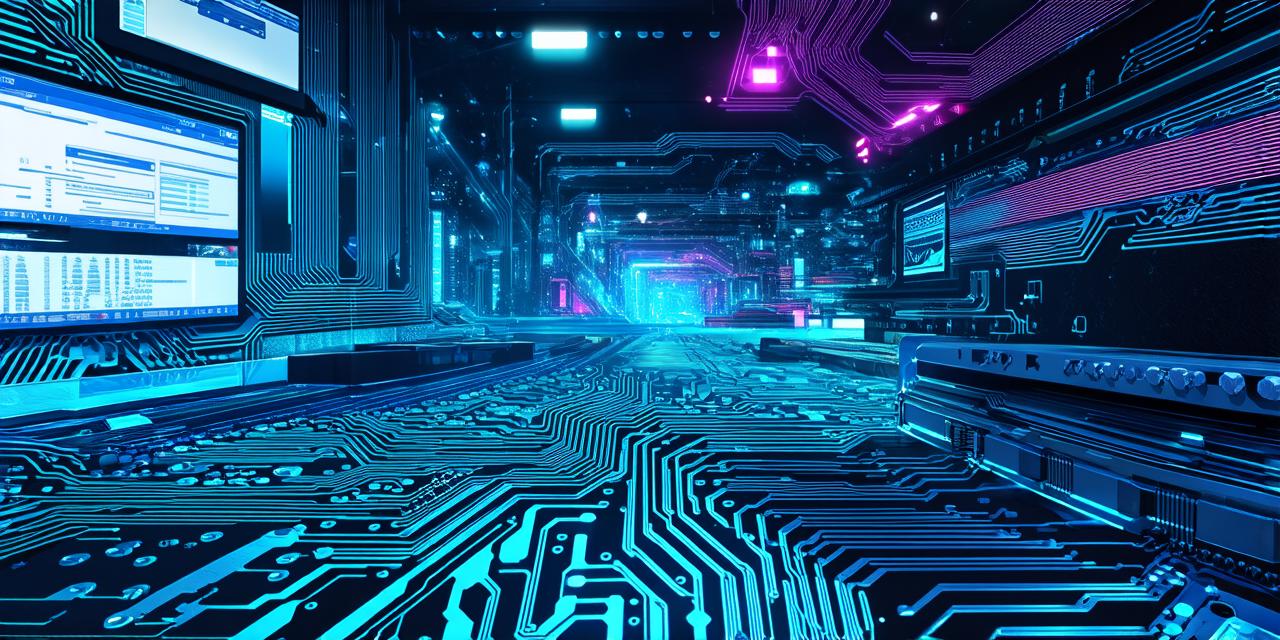As non-fungible tokens (NFTs) gain popularity in the gaming industry, more and more game developers are turning to NFT technology to create unique and valuable in-game assets. In this article, we will explore what NFT game development entails and how it is changing the landscape of the gaming industry.
What are NFTs?
Before we dive into the specifics of NFT game development, let’s first understand what NFTs are. Non-fungible tokens (NFTs) are unique digital assets that represent ownership of a piece of art, music, or collectibles. They are stored on blockchain technology, which allows for secure and transparent ownership tracking. Unlike cryptocurrencies, which are interchangeable, NFTs are one-of-a-kind and cannot be replaced with another asset.
NFT Game Development: A Brief Overview
NFT game development involves creating in-game assets that can be bought, sold, and traded as NFTs. These assets can include items such as weapons, characters, collectibles, and more. By using NFT technology, game developers can create unique and valuable assets that cannot be replicated or duplicated. This allows for a more engaging and immersive gaming experience for players.
Benefits of NFT Game Development
There are several benefits to NFT game development, including:
- Unique and Valuable Assets: With NFT technology, game developers can create unique and valuable assets that cannot be replicated or duplicated. This allows for a more engaging and immersive gaming experience for players.
- Ownership Tracking: NFTs are stored on blockchain technology, which allows for secure and transparent ownership tracking. This ensures that players have true ownership of the assets they purchase and can trade them freely without fear of fraud or theft.
- Monetization Opportunities: NFT game development provides game developers with new monetization opportunities. By selling NFTs as in-game assets, developers can generate revenue from their games beyond just advertising and subscription fees.
- Community Building: NFT game development allows for community building and fostering a sense of ownership among players. By creating unique and valuable assets that players can own and trade, developers can build a loyal fan base and foster a sense of community around their games.
NFT Game Development Process
The process of NFT game development involves several steps, including:
- Asset Creation: Game developers create in-game assets that can be bought, sold, and traded as NFTs. These assets can include items such as weapons, characters, collectibles, and more.
- Tokenization: The assets are then tokenized using blockchain technology, creating unique digital assets that can be bought, sold, and traded as NFTs.
- Marketplace Integration: The NFTs are integrated into a marketplace, allowing players to buy, sell, and trade them freely.
- Monetization: Game developers can monetize the NFTs by selling them as in-game assets or through other means such as auctions or secondary market sales.
Conclusion

NFT game development is changing the landscape of the gaming industry by allowing for unique and valuable in-game assets that can be bought, sold, and traded as NFTs. This provides game developers with new monetization opportunities, allows for community building and fosters a sense of ownership among players, and provides players with a more engaging and immersive gaming experience. As the popularity of NFT technology continues to grow, we can expect to see more and more games incorporating NFT technology in the future.
